WIDESPREAD PROTESTS taking place in SYRIA as Citizens demand new government prioritize the appointment of experts
Widespread Protests in Syria: Citizens Demand Experts Over Religious Extremists in New Government
Syria, a nation that has long been at the heart of turmoil in the Middle East, is currently witnessing a wave of widespread protests. The citizens of Syria are demanding that the new government prioritize the appointment of qualified experts rather than relying on religious extremists to fill critical positions. This demand reflects the growing dissatisfaction with the political and economic situation that has gripped the country in recent years, especially since the brutal civil war and the continuing impact of foreign interventions.
The Background: Syria’s Struggles and the Need for Change
Syria’s civil war, which began in 2011, has left the country in a state of devastation. Millions of people have been displaced, both internally and abroad, and the infrastructure of the nation has been severely damaged. The war has also created a complex political landscape, where various factions, including religious extremists, have gained influence in key sectors of society and government.
With the war technically over, Syria is facing the monumental task of rebuilding, both physically and politically. The government, led by President Bashar al-Assad, has returned to power in much of the country, but the recovery process has been far from smooth. The government’s reliance on military power and alliances with foreign actors has not been enough to restore faith in its leadership, leading to increased unrest among the populace.
For many Syrians, the appointment of religious extremists into government roles has further fueled discontent. Citizens are calling for leaders who can rebuild the country based on competence and expertise, rather than ideological or sectarian loyalty. The protests that have erupted are a clear indication that the people of Syria are demanding a more rational and pragmatic approach to governance.
The Growing Protests: Citizens Demand Expertise, Not Extremism
In recent weeks, large-scale protests have spread across the country, with citizens expressing their frustration with the current state of governance. The central issue is the increasing influence of religious extremists in government appointments, despite the country’s desperate need for professionals who can address the complex challenges Syria faces in the aftermath of the war.
Protesters are voicing their demands for a government that prioritizes knowledge, skills, and experience over religious ideology. Their grievances are not limited to the appointment of extremists alone, but also focus on the broader issue of governmental inefficiency and corruption. Citizens argue that, while religious leaders may have played a role in the country’s struggle for survival during the war, their influence should not extend to running the day-to-day operations of a rebuilding nation.
The protests have spread to major cities like Damascus, Aleppo, and Homs, with citizens from various backgrounds — including secular groups, youth, and civil society organizations — calling for the government to prioritize national interests over sectarian politics. The protesters emphasize that the future of Syria depends on professional, well-educated individuals who can tackle the economic and social issues that plague the country.
Why the Call for Experts Over Religious Extremists?
The call for the appointment of experts, rather than religious extremists, is deeply rooted in the reality of Syria’s current crisis. The country faces a variety of challenges that require competent leadership and technical expertise, including:
- Economic Rebuilding: The Syrian economy is in ruins, with millions of people living in poverty. Inflation, unemployment, and a lack of basic services have left the population struggling to survive. Experts in economics, trade, and development are needed to formulate policies that can address these issues and promote sustainable growth.
- Infrastructure Reconstruction: Syria’s infrastructure, including roads, hospitals, and schools, has been heavily damaged during the war. Rebuilding this infrastructure is critical to restoring normal life in the country. Qualified engineers, architects, and planners are essential to guide the reconstruction process effectively.
- Education and Healthcare: With many institutions having collapsed or become inoperable, Syria is in dire need of skilled professionals in the fields of education and healthcare. Only experts can ensure that the next generation of Syrians receives a quality education and access to adequate healthcare services.
- National Unity: Sectarianism has plagued Syria for decades, and the influence of religious extremists only serves to deepen divisions within the country. To heal these divisions, Syria needs leadership that prioritizes national unity and works to bridge the gaps between different ethnic and religious groups. Experts in diplomacy, peacebuilding, and social cohesion are necessary to help foster reconciliation and harmony.
By focusing on these practical issues, Syrians are hoping to shift the country’s political culture away from religious extremism and toward a more professional and inclusive model of governance.
The Role of Religious Extremism in Syrian Politics
Religious extremism has played a significant role in Syrian politics, particularly during the civil war. Various extremist factions, including groups aligned with Sunni Islamist ideology and those linked to Shia militias, have had significant influence in the conflict. These groups have contributed to the militarization of Syria’s politics and have often operated outside the framework of traditional governance.
In the aftermath of the war, many of these extremists have sought to extend their influence by securing key positions in the government. This has created a backlash among many Syrians, who see the continued rise of religious extremism as a major obstacle to the country’s recovery.
While religious groups undoubtedly have a place in any society, protesters argue that their influence should be limited in the public sector. Instead, they call for a government that focuses on solving the country’s problems using expertise in governance, development, and diplomacy.
International Responses and Future Outlook
The widespread protests in Syria have not gone unnoticed by the international community. While many world powers have focused on the country’s ongoing humanitarian crisis, some have begun to take notice of the calls for reform from within Syria. International organizations, such as the United Nations, have voiced support for efforts to rebuild Syria’s institutions, with an emphasis on inclusive governance and human rights.
However, there remains uncertainty about how the Syrian government will respond to these protests. Given its history of suppressing dissent, it is unclear whether the government will heed the calls for reform or continue to prioritize religious extremists in its appointments.
Conclusion: A Turning Point for Syria?
The widespread protests in Syria mark a significant moment in the nation’s history. As citizens demand that the new government prioritize the appointment of experts rather than religious extremists, the country faces a pivotal moment in its quest for recovery. The calls for professionalism, competence, and unity reflect the deep desire for change that is emerging from within Syrian society.
As Syria continues to rebuild after years of conflict, it is essential that the government listens to the voices of its people and adopts policies that focus on the practical needs of the nation. Only by putting expertise and national interests above sectarianism can Syria hope to overcome the challenges it faces and build a stable, prosperous future for its citizens.
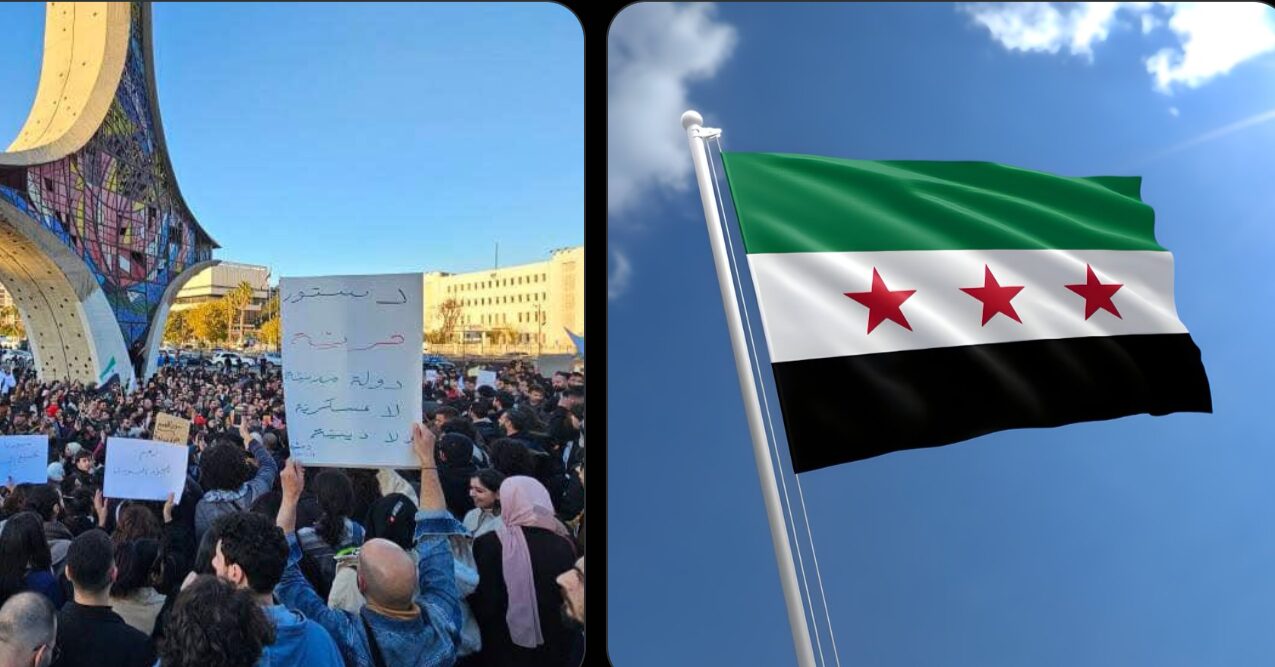

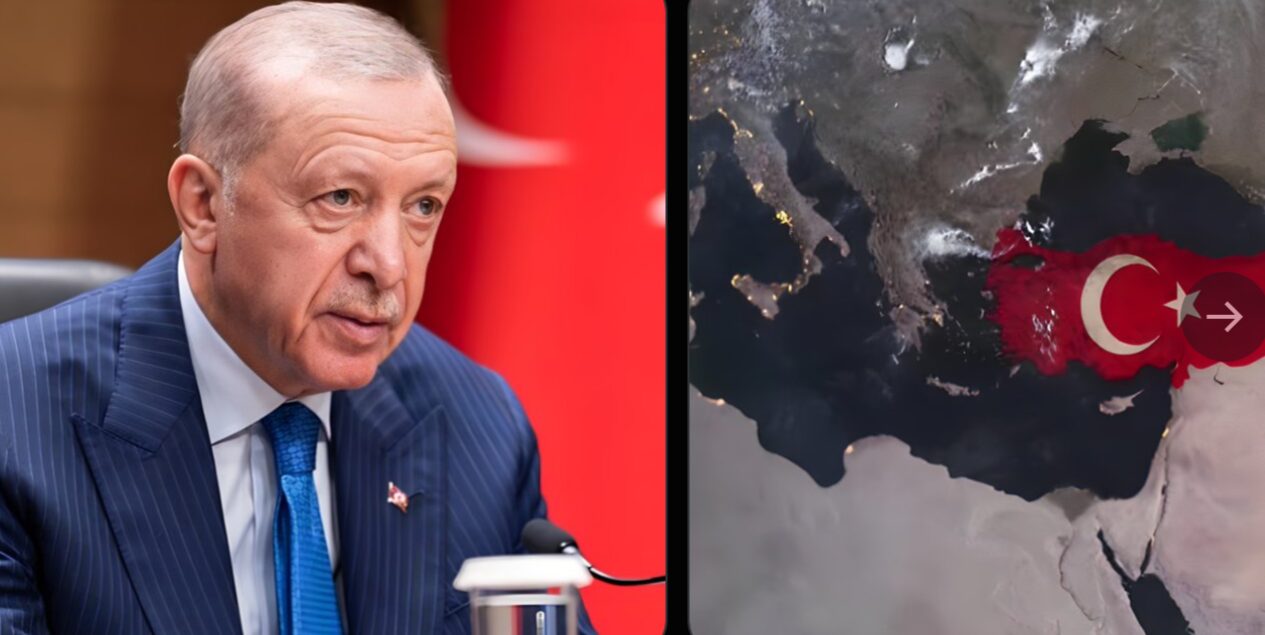

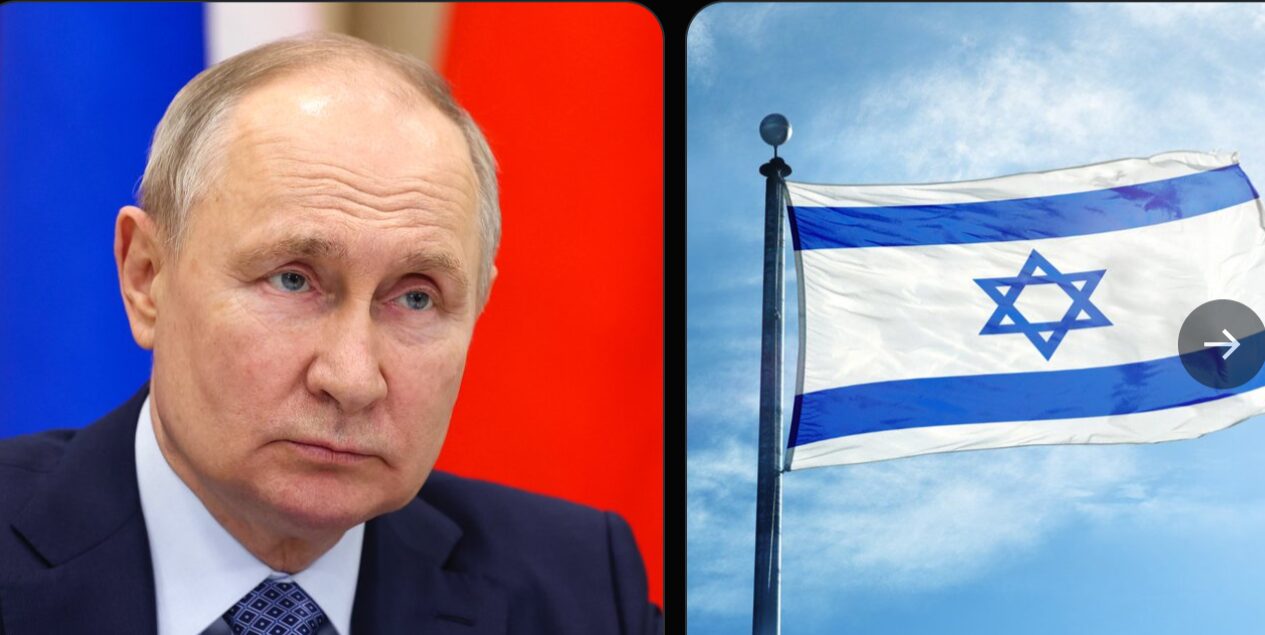

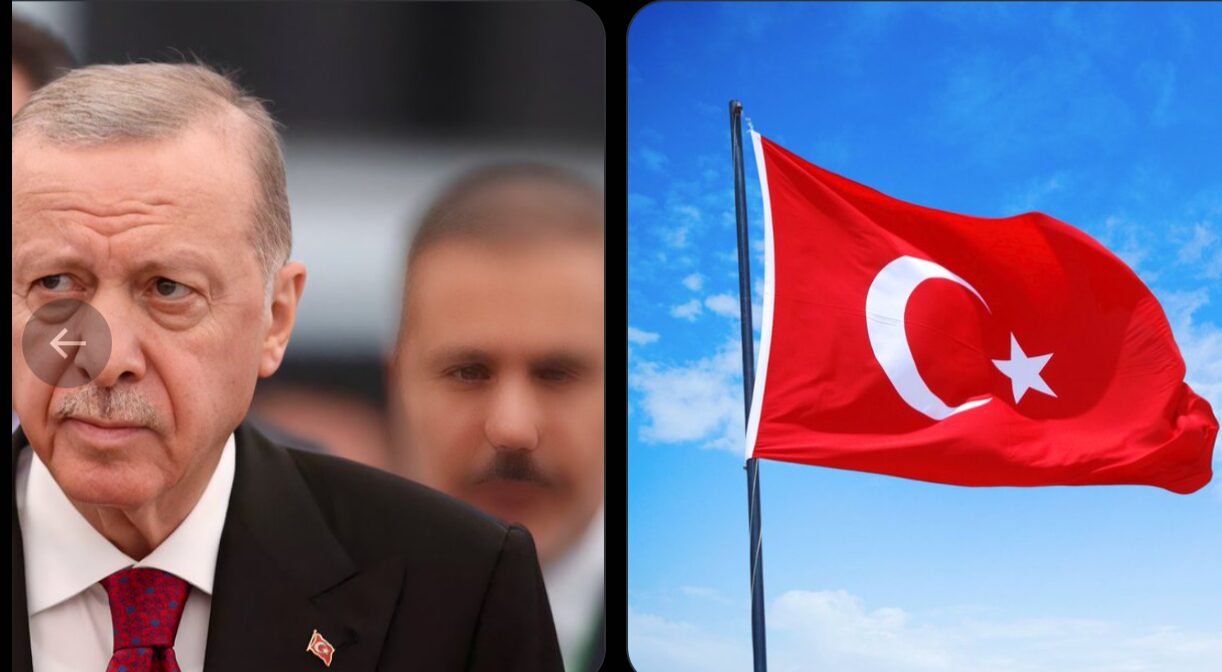

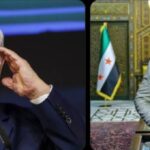








Post Comment